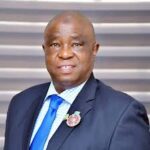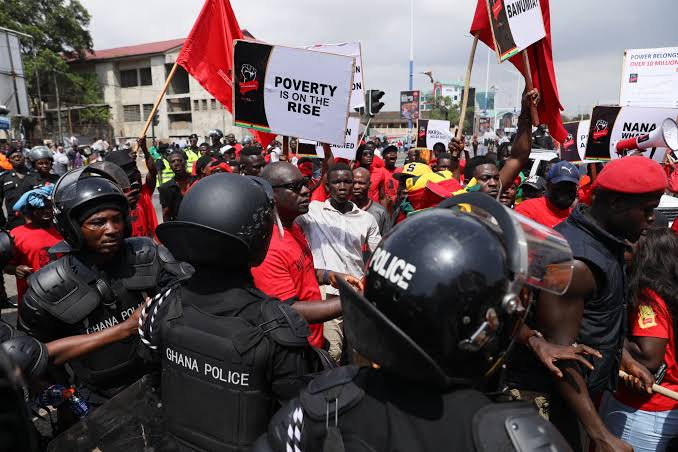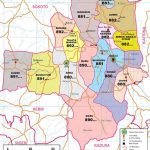Protests over economic hardship in Ghana has entered a third day as many people took to the streets of Accra, the country’s capital, to express their anger.
The protesters, some brandishing placards or the national flag, on Saturday voiced their grievances about the soaring cost of living and the scarcity of jobs as they marched on ignoring the close monitor of the riot police.
Ghana, a nation known for its production of gold, oil, and cocoa, is grappling with its severe economic crisis mainly due to escalating public debt.
To prevent protesters from reaching Jubilee House, the presidential residence, the police erected barricades.
Organizers from Democracy Hub have declared their intention to occupy this symbolic location.
On the first day of the three-day protest, the police reported that 49 individuals were arrested for participating in an unauthorised gathering and violating the Public Order Act.
Although the government entered into a $3bn three-year loan agreement with the International Monetary Fund in May, critics say the authorities have not done enough to assist those struggling to make ends meet.
According to the World Bank, Ghana’s economic growth is projected to retard to 1.5% this year, down from 3.1% in 2022 and remain depressed in 2024 at 2.8%.
It however predicted that the economy could recover to its potential growth by 2025.
In 2022, a convergence of internal disparities and external disruptions resulted in significant macroeconomic difficulties for Ghana.
The year was characterized by the devaluation of the currency, escalating inflation, and a sharp decline in investor trust.
Inflation for August declined from 43.1% in July to 40.1%.











